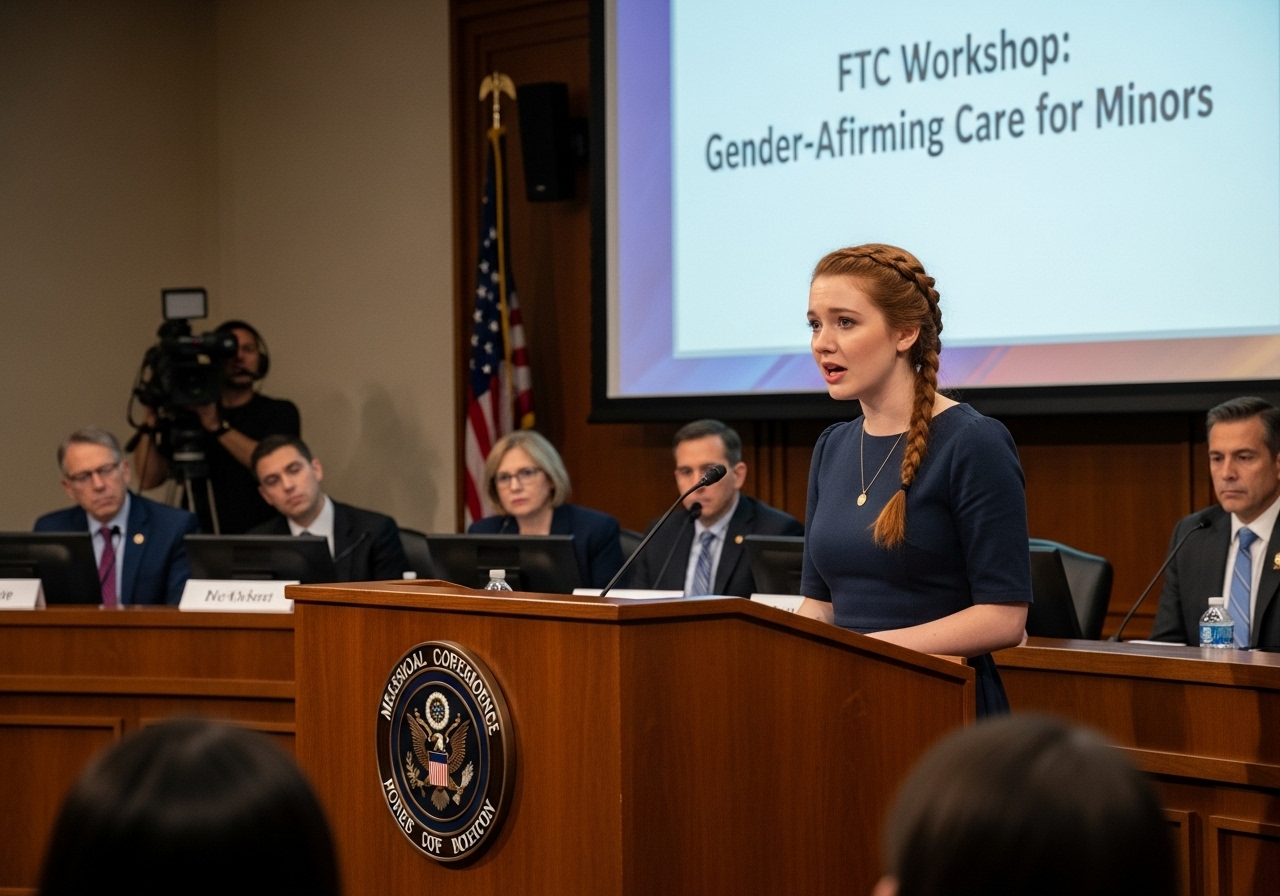The biggest study yet to look at the efficacy of coronavirus vaccines in the wild has just been released by the University of Oxford and United Kingdom Office for National Statistics, and unsurprisingly it discovered that the efficacy for the Moderna and Pfizer are greatly lower than the 90%+ rates first reported from the first controlled trials.
According to the research, a preprint of which was released on Thursday, while the Moderna, Pfizer and AstraZeneca vaccines still give “good” protection against any new covid infections, their efficacy has been lowered compared with Alpha. While having two doses of these vaccines still gives “at least the same level of protection as already having had COVID-19,” those who got the vaccine after already being infected showed even higher levels of protection than those who either were not infected and only got the vaccine, or were infected, but did not get the vaccine.
“We are seeing how two vaccines are doing in the real world, and the data shows how the delta variant has blunted the effectiveness of both the AstraZeneca and Pfizer jabs,” said Simon Clarke, an associate professor at the University of Reading.
Despite this, even after getting two doses of a jab, those who have delta showed higher peak levels of the virus over people infected with alpha, or another variant.
The study also showed the differences between between vaccines: for example, the Moderna vaccine had “similar or better effectiveness” against delta as a first dose of the other vaccines. And while the Moderna and Pfizer vaccines showed greater starting efficacy against infection than the AstraZeneca vaccine, this protection premium goes down after only 4-5 months.
The data also revealed that delta increases transmissibility over other COVID variants, even for people who are vaccinated, which supports an assessment made by the CDC.
“The results are leading to more doubt about the possibility of ever getting herd immunity through vaccination,” said Sarah Walker, a medical statistics professor at Oxford, who helped the study. That is not exactly a surprise.
Author: Scott Dowdy





